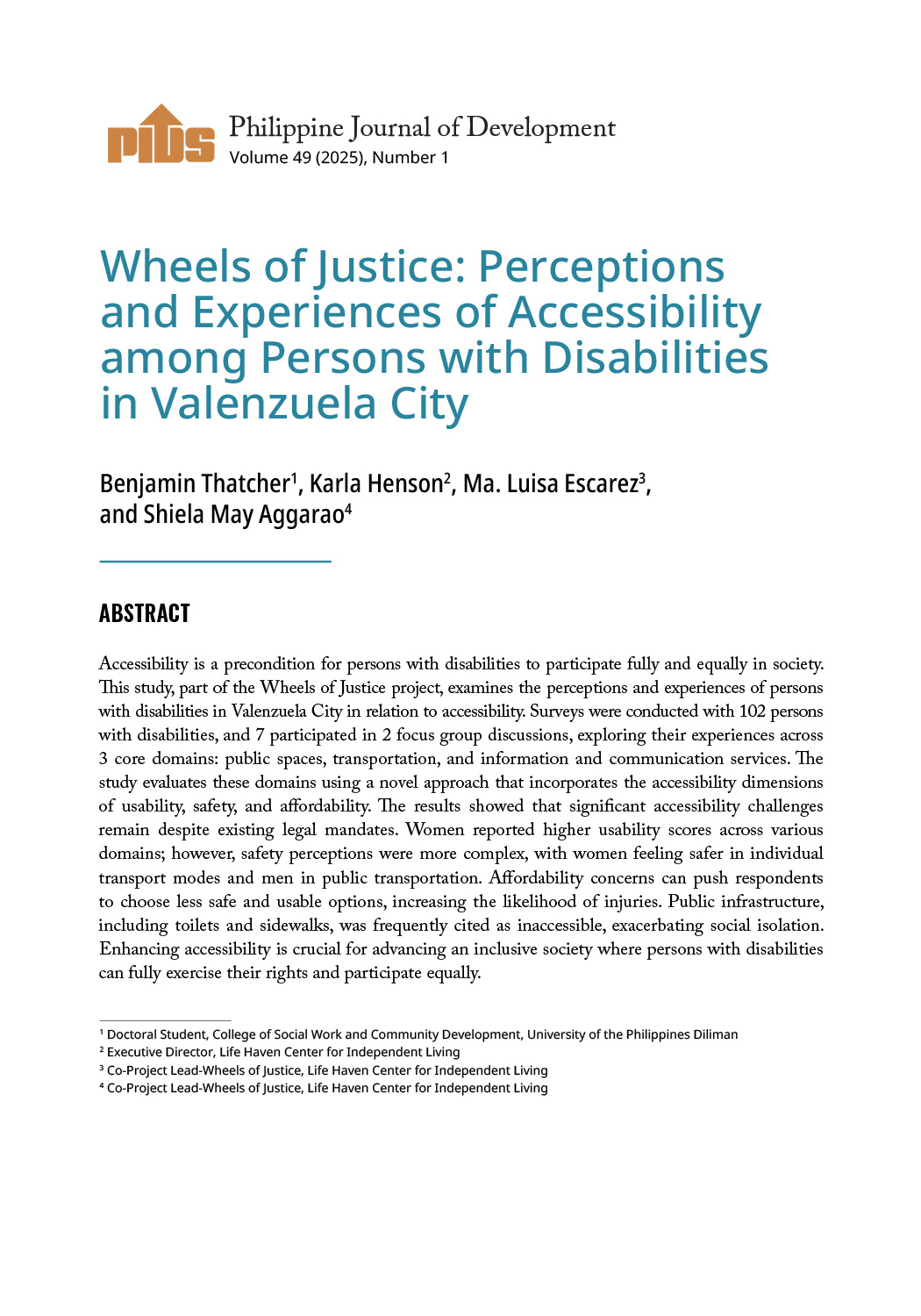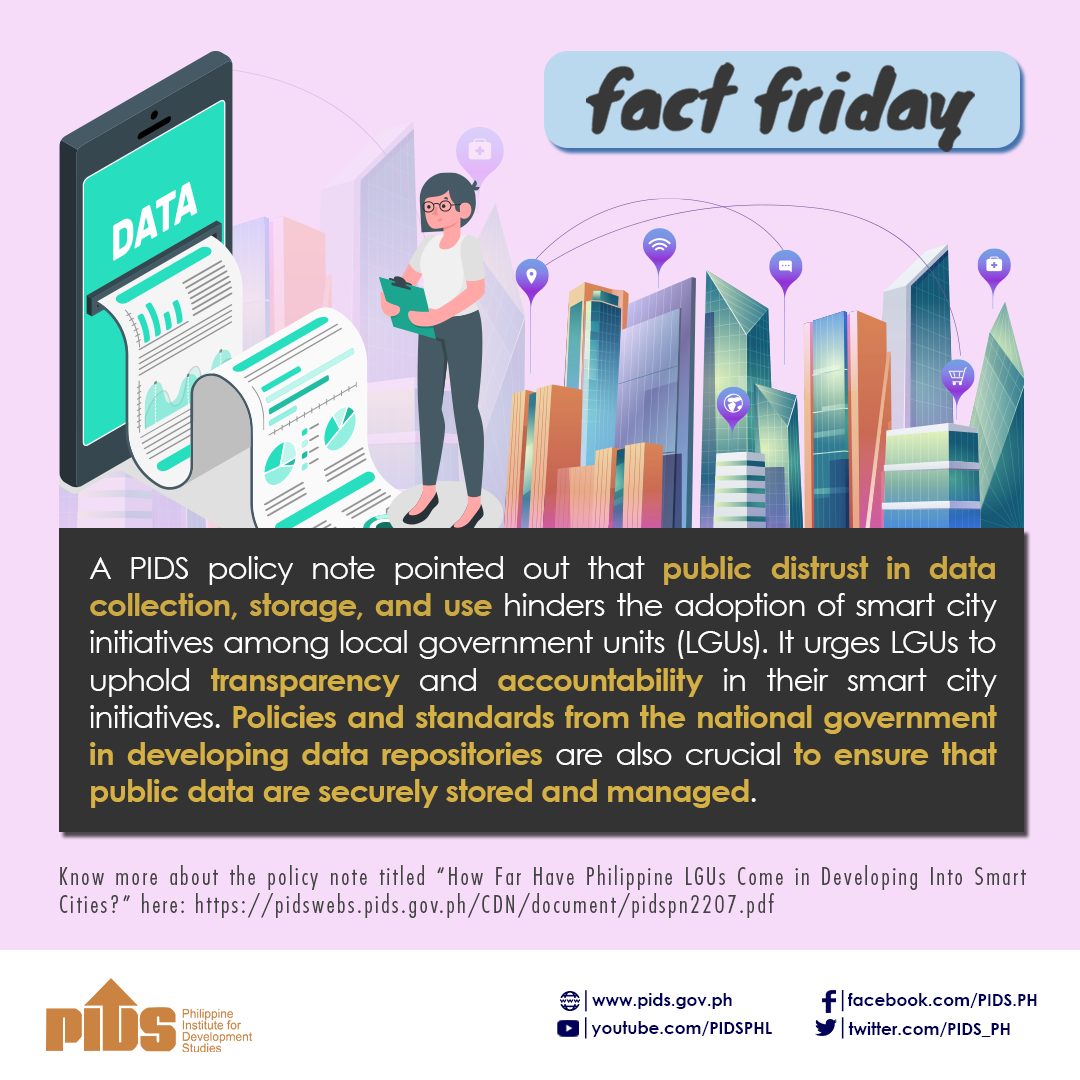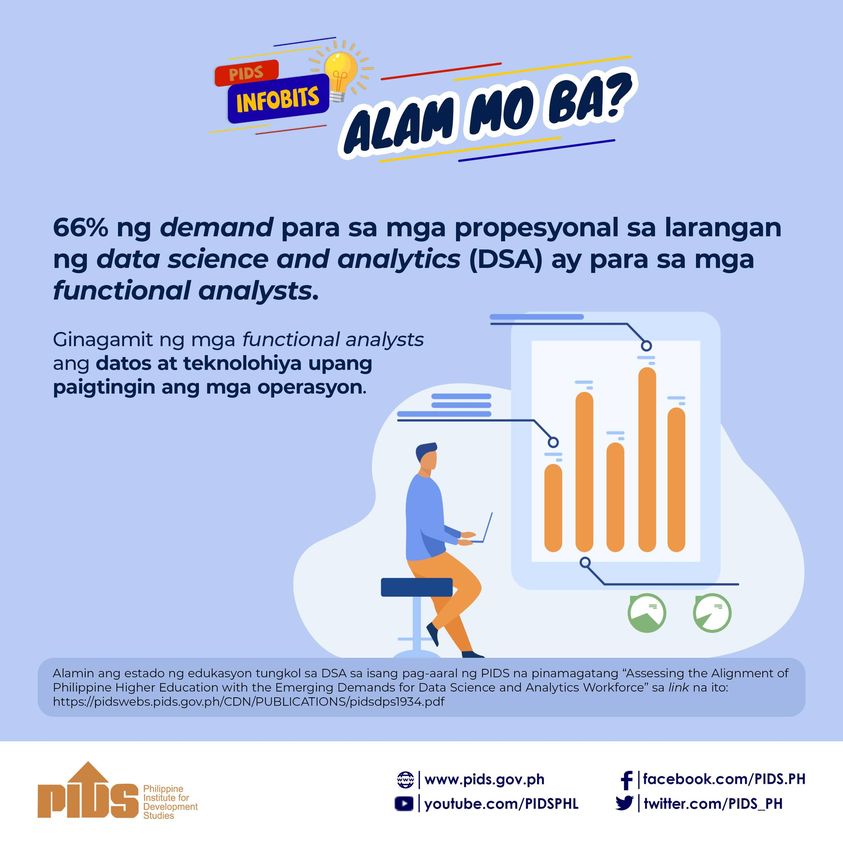The Philippine Institute for Development Studies (PIDS) cited the need to harmonize 50 years of census data, addressing inconsistencies that hinder policy analysis.
The state think tank’s study, “Harmonizing Philippine Census Data across Decades (1970–2020),” highlighted discrepancies in variable definitions, classification schemes, and measurement scales across censuses.
“These inconsistencies hinder accurate comparisons of data points, increasing the risk of misinterpretation and compromising the reliability of longitudinal analyses,” said Kris Ann Melad, PIDS supervising research specialist and author of the study.
The Philippine Statistics Authority (PSA) conducts the Census of Population and Housing (CPH) every five years, collecting demographic and housing data. The data are used by government and the private sector for policy, resource allocation and investment planning.
The PIDS study identified challenges including shifts in educational categories due to the K-12 curriculum reforms, updated occupational classifications, and the creation of new administrative regions. Older censuses with fewer variables and the digitization of historical data also posed difficulties.
The study recommended prioritizing the recovery and digitization of 1970 and 1980 census data, developing detailed links between classification systems, and creating a historical geographic reference system.
It also called for clear guidelines for researchers using the data, including strategies for handling missing or inconsistent data, and continuous refinement of the dataset.
“The implementation of these recommendations will enable the Philippine Statistical System to provide increasingly robust and well-documented data for longitudinal analysis,” Melad said.












